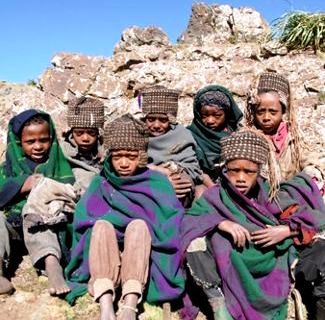Dugongs and Manatees
A quarter of dugongs in Australia that were recorded as being entangled in nets or ropes died as a result. The West African Manatee and the Amazonian Manatee are also being affected.
Turtles
The intestines of turtles can be blocked upon swallowing plastic, which can lead to starvation. Twenty-five per cent of marine turtles in the Canary Islands were probably killed as result of entanglement. One quarter of them had one or two flippers severed. A fish hook embedded in the jaw causes infection and the resulting abscess can lead to loss of teeth.
Seabirds
A stomach full of plastic prevents birds from accumulating the necessary fat to cross the sea or the desert. The White-chinned Petrel and Laysan Albatross are particularly badly affected, with 97 percent of the chicks of the latter found to ingest plastic. This increases threats to the survival of migrant seabirds. Petrels retain plastic in their stomach for months, which accumulates in their guts. PCBs have been shown to accumulate in seabirds such as the Great Shearwater, which reduces breeding success.
All three marine debris reports and the draft resolution on the “Management of Marine Debris” can be found on the CMS COP11 website.
The Draft Resolution on “Management of Marine Debris” is based on the following three reports:
- Report I: Migratory Species, Marine Debris and its Management
- Report II: Marine Debris and Commercial Marine Vessel Best Practice
- Report III: Marine Debris: Public Awareness and Education Campaigns
Source: CMS.
Notes:
The Convention on the Conservation of Migratory Species of Wild Animals (CMS) aims to conserve terrestrial, aquatic and avian migratory species throughout their range. It is an intergovernmental treaty, concluded under the aegis of the United Nations Environment Programme (UNEP), concerned with the conservation of wildlife and habitats on a global scale. To date 120 Parties have ratified the Convention.
CMS, ASCOBANS, the International Whaling Commission (IWC), the National Oceanic and Atmospheric Administration (NOAA), the United Nations Environment Programme (UNEP), the Food and Agriculture Organization of the UN (FAO) are all working to address this global threat. For more information, visit www.cms.int.


















